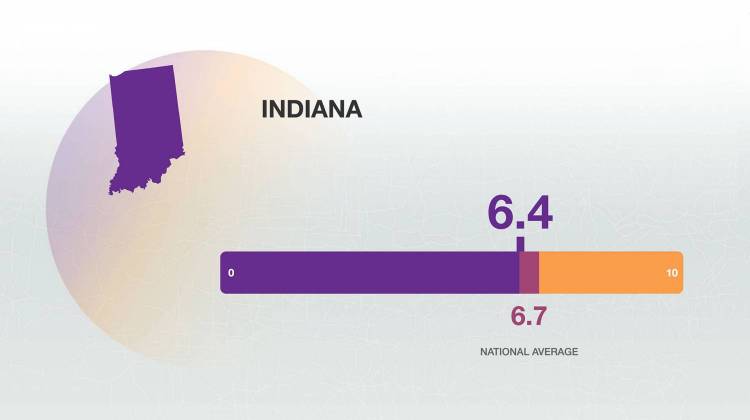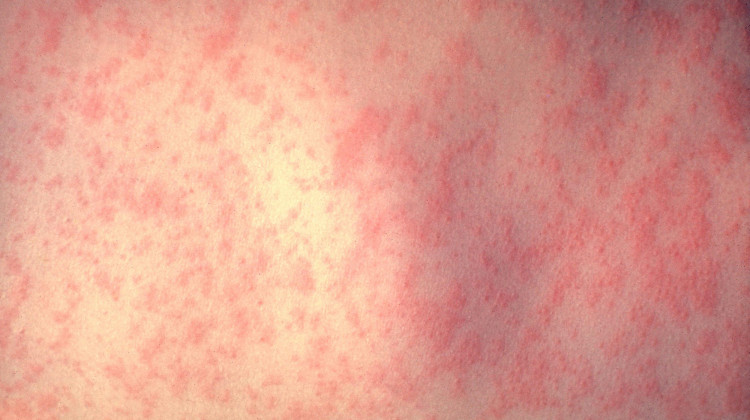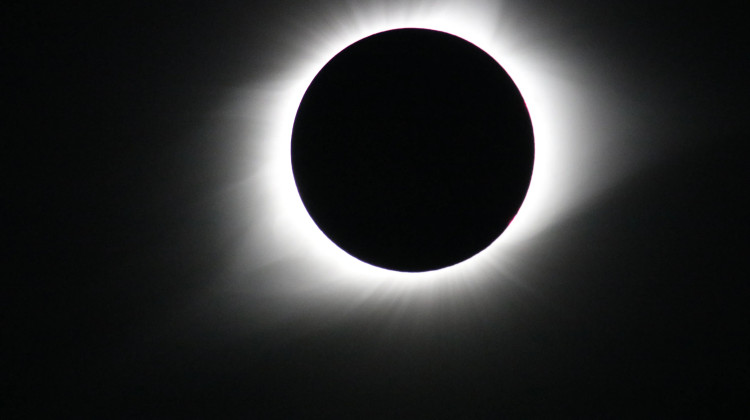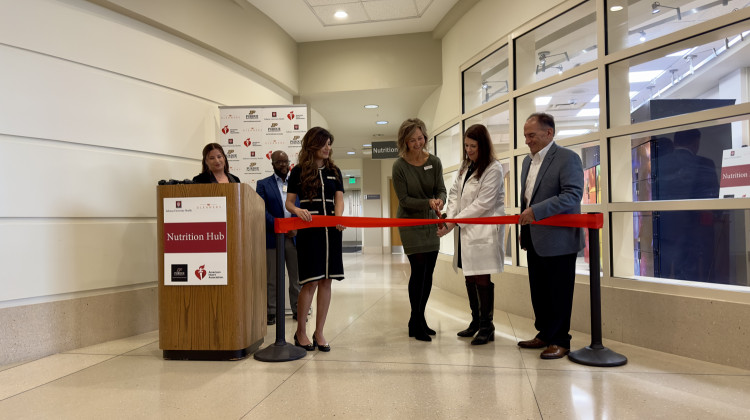INDIANAPOLIS - The National Health Security Preparedness Index released on Tuesday marks Indiana slightly behind the national average.
This is the fourth year for the National Health Security Preparedness Index that was started by the CDC in 2013. It measures over one hundred and thirty different categories, including vaccination rates, number of trauma centers and existing health resources for large-scale emergencies, like an infectious disease outbreak.
Indiana ranks 6.4 on a scale of 10, compared to the national average of 6.7. University of Kentucky PhD Glen Mays led the research and says the state has made improvements in the last four years and is ahead in the Health Security Surveillance category.
"This, again, is an area where Indiana has real strength… and it’s an important domain that has to do with how quickly a state can detect a problem so it can mount action," Mays said.
Indiana scored 7.9 on a 10-point scale in this category. It also ranked higher than the national average in ability to identify potential threats and ability to mobilize and manage resources in a public health emergency.
Categories with less traction include the health care delivery category and the community planning category -- which addresses how different areas work together during a crisis.
The index from the Robert Wood Johnson Foundation, provides state leaders and emergency response officials comparative information to use when planning response strategies.
 DONATE
DONATE








 View More Programs
View More Programs

 Support WFYI. We can't do it without you.
Support WFYI. We can't do it without you.